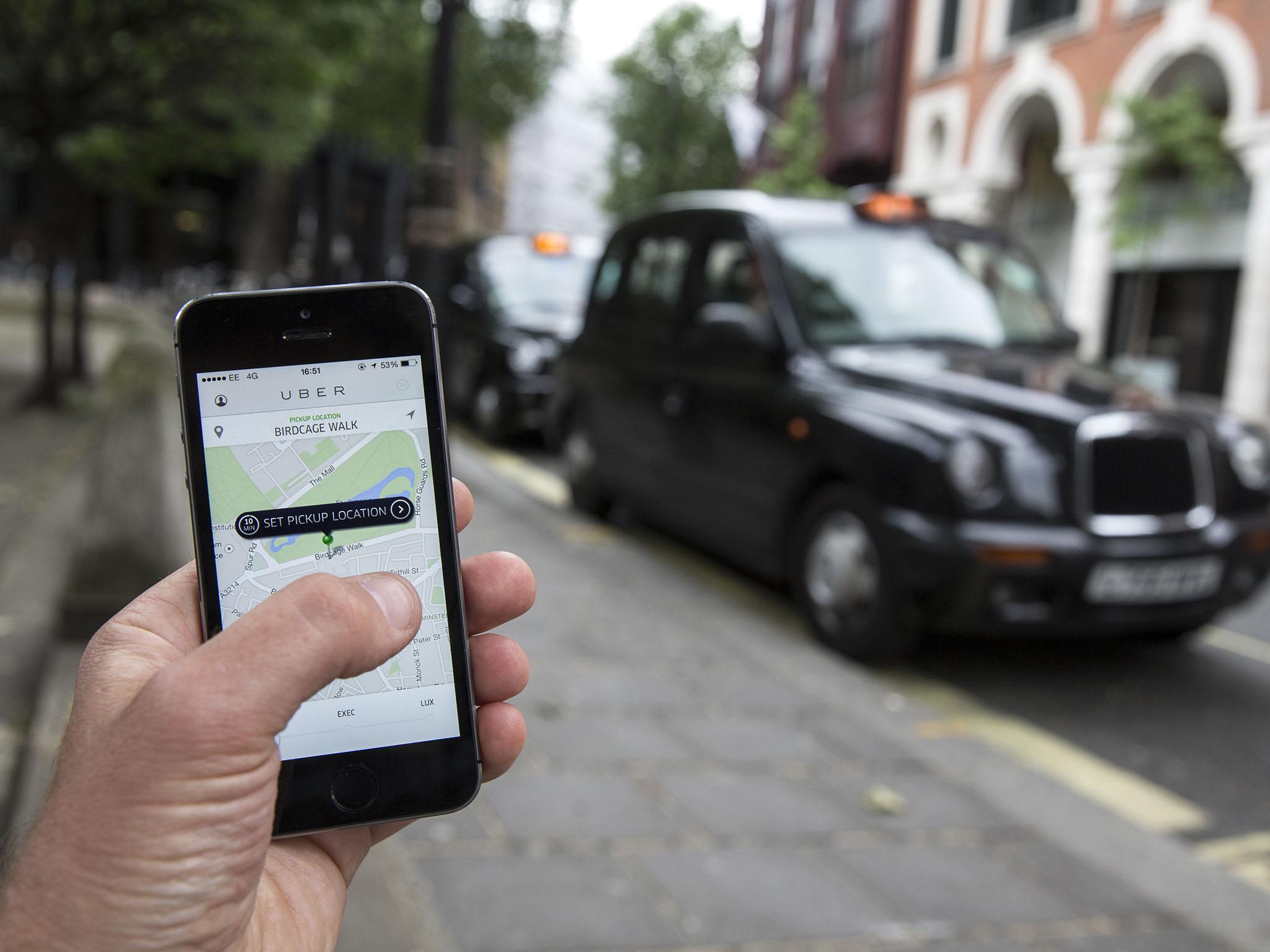Uber needs to take lessons in the concept of decency after court reverse
Defeat at a London employment tribunal means drivers could qualify for benefits such as the minimum wage and holiday pay, but an appeal is coming

A blow has been struck against what Labour MP Frank Field described as “the gig economy” that has left a small army of workers subject to exploitation by large and powerful companies (and not a few smaller ones too).
Ride hailing app Uber may have to grant its drivers basic employment rights such as the National Minimum Wage and paid holidays after losing a case at a London employment tribunal over the treatment of its fleet of “self-employed” drivers.
The outfit has long insisted that it is simply a technology company that provides a platform connecting passengers with drivers.
Au contraire, says the GMB Union, which is among the company’s many critics and took up the case of a couple of unhappy drivers. You exert a significant degree of control over your drivers, who are registered through you rather than as individual entrepreneurs, and have to be trained, police checked, and signed up to your terms and conditions before they take to the road. They might have flexibility over the hours that they work, but you exert enough control over them that they should be considered as employees, entitled to the rights that the employees of more traditional companies enjoy.
Its arguments carried the day and will reverberate way beyond Uber. They have implications for a huge range of companies, ranging from delivery outfits to more traditional businesses, such as hairdressers, not to mention all the new Ubers lining up to use variations of its tech based model to provide services of their own.
“Forcing regulations such as the minimum wage and the Working Time Directive onto sharing platforms will invariably increase their operating costs and force them to scale down,” growled the Institute of Economic Affairs, jumping to their defence.
“Drivers and consumers will pay the price through a limited number of ‘jobs’ with Uber and higher prices for customers.”
The problem with the stance of the IEA, and its fellow travellers, is that they seem to be suggesting that companies like Uber and its ilk should have carte blanche to exploit people because it might save the consumer a couple of quid and keep them in jobs offering what equates to poverty pay. This is unacceptable and immoral. More to the point, as we now know, it’s illegal.
The IEA is attempting defending the indefensible. Unfortunately the sort of arguments it tables have too often held sway in the corridors of power, which is why Britain offers only very limited protections to its workers. Ain’t flexible labour markets grand? So it is all the more cynical and socially unjust when companies like Uber use the loophole of self-employment to find a way around the little that is there. It could also unfairly skewer the company’s rivals, which is something that ought to attract the attention of the competition authorities given the impact Uber is having on the private hire market.
Unfortunately, this isn’t the end of the matter. Uber has pledged to appeal. It could take the case all the way up to the Supreme Court, not least because if it can’t get the ruling overturned it will have to change its business model.
It would be better served by working out how to do that so that it can continue to trade while treating the people who have contributed to its $62bn (£51bn) valuation with a modicum of decency.
Sadly, decency is a concept that the lords of the gig economy struggle to understand. If Uber wins, the law may simply have to be changed so they’re forced to study it.
Join our commenting forum
Join thought-provoking conversations, follow other Independent readers and see their replies
Comments
Bookmark popover
Removed from bookmarks